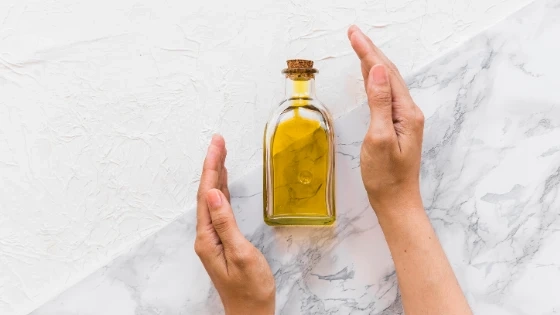Anxiety has different looks for different people. Its magnitude can go from manageable to bad, and its effects can pervade one’s thoughts, confidence, and ability to accomplish tasks.
Because of the complexity of anxiety and the factors that can trigger it, an effective remedy for one person is not guaranteed to work for another. Thus, if you are suffering from anxiety, it’s advisable that you try different things and see what works for you.
In this article, we’ll cover four remedies that have worked for many people during episodes of anxiety. These remedies don’t require much energy nor preparation, making them more easily doable compared with other remedies prescribed by some references.
Exercise
It doesn’t have to be a hardcore exercise routine. In fact, simple stretching already helps with anxiety, particularly in reducing physical manifestations like tightening of muscles. In some cases, it’s also helpful to jog outdoors so that your body can release stress while you let your mind breathe with the outdoor scenery.
If going outdoors is not possible, you can try some stretching routines, jump or jog in place, or walk for a few minutes around your home or office.
Herbal Tea
Tea is a soothing agent for many people. If you’ve tried tea before and it helped you sleep, then it is most likely a helpful anxiety-reliever for you. However, if your body is sensitive to caffeine, then this might not be your best option; tea works like coffee sometimes, triggering wakefulness and, at times, palpitations.
Aromatherapy
Using essential oils for aromatherapy is a proven effective remedy for stress. One of its advantages is that essential oils are purely natural--as long as you buy them from a trusted essential oil store--and that you have plenty of scents to choose from.
Plus, aromatherapy is easy to do and can be beneficial not just for you but also for your place and the people who come to your place. There are several known kinds of essential oils for anxiety and stress, including bergamot, sage, grapefruit, and basil oil.
Free-Flow Writing
Fun fact: writing about our anxieties can help reduce anxiety. While not everyone enjoys writing, using it as an outlet for the emotions that bring us down has helped many people feel better. Writing helps in clarifying the feelings that we feel and in determining whether or not it’s healthy to linger on them. Just remember to write without filter, without self-judgment, and without being too concerned about structure, grammar, or style.
If writing is not possible, you can try other forms of expression, like drawing, playing musical instruments, making a collage, or any other creative outlet.
Of course, these four things are simply remedies--anxiety may persist, so it’s also important to understand that it is a naturally occurring emotion and may demand immediate action towards its trigger. If your anxieties are overwhelming or seem to occur without any trigger, don’t hesitate to see a psychiatrist or a trusted person who can provide counseling.


